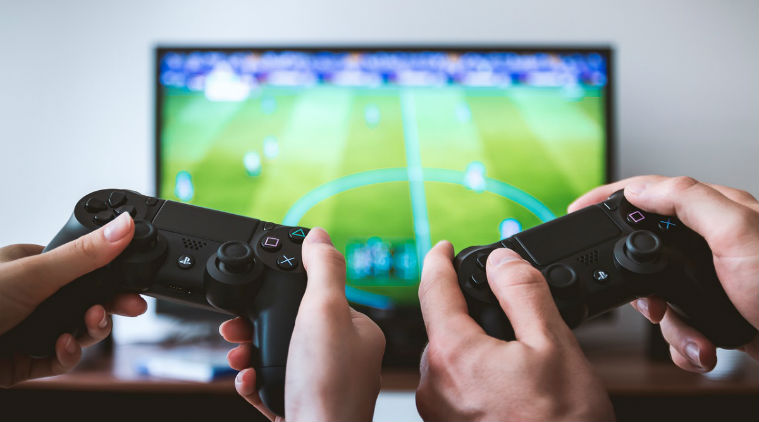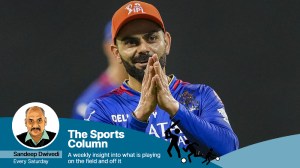- India
- International
In Fact: Why WHO wants to treat gaming as a disorder, and why some disagree
Draft classification lists it as a mental health condition, critics find it premature
 The reclassification is part of the WHO’s 11th revision of the International Classification of Diseases, due for adoption this month.
The reclassification is part of the WHO’s 11th revision of the International Classification of Diseases, due for adoption this month.
The World Health Organization (WHO) has announced a plan to include “gaming disorder” as a mental health condition. The reclassification is part of the WHO’s 11th revision of the International Classification of Diseases, due for adoption this month.
The move has led to debate. While addiction to gaming is widely recognised — recently reported incidents include a man being found dead in a cafe after three days of continuous gaming, and a couple neglecting their child due to gaming — critics have opposed the idea of formalising it as a disorder.
The “disorder” was included in a draft of the ICD-11 released in June. While the classification is intended to act as a set of guidelines, ICD-11 influences many countries in determining healthcare policies, diagnoses and treatment options.
India has a fast-growing gaming population. A 2017 Google-KPMG study estimated that the Indian online gaming industry was worth $290 million, and projected it to hit $1 billion by 2021. The study pegged the current number of online gamers at 120 million but estimated that with swift Internet penetration and cheap smartphone options, the number could well reach 310 million by 2021.
Disorder, as defined
In the ICD-11 draft, gaming disorder is defined as “… a pattern of gaming behaviour (‘digital-gaming’ or ‘video-gaming’) characterized by impaired control over gaming, increasing priority given to gaming over other activities to the extent that gaming takes precedence over other interests and daily activities, and continuation or escalation of gaming despite the occurrence of negative consequences”. The draft adds that the behaviour in question must be severe enough to “significantly impair” areas of functioning for a period of at least 12 months.

Many clinics around the world offer specialised treatment for gaming addiction.
The opposition
Among the worries experts flag is the detrimental effect this “premature classification” could have on treatment and policymaking. In a paper titled ‘A weak scientific basis for gaming disorder: Let us err on the side of caution’, published in the Journal of Behavioral Addictions, experts from 34 institutions said a stronger base of evidence is required to classify something as a formal disorder. The paper agrees that addiction to gaming as a phenomenon merits further study, but argues that premature classification as a disorder could result in abuse of diagnosis. The authors also questioned the clinical utility of such a classification. They pointed out that there is still no exact list of symptoms that can be attributed to gaming as a disorder. What, then, would clinicians use in trying to determine the point at which addiction becomes a disorder?
There is also concern that addiction to gaming could be a symptom of a deeper issue such as depression. The new classification, the researchers said, could result in a trend where clinicians treat the symptom instead of the underlying issue.
In a 2016 open letter to the WHO, researchers had questioned why the reasoning behind including gaming disorder cannot be used for other forms of addiction. Why can there not be a technology disorder, a smartphone disorder, or a gambling disorder? The WHO, they said, has not been able to satisfactorily elaborate on this.
In an article titled ‘World Health Organization’s Junk Diagnosis For ‘Gaming Disorder’ Trivializes Mental Illness’, Christopher J Ferguson, a professor of psychology at Stetson University, suggested “political pressure” could have influenced the WHO’s decision. He listed potential examples such as China, which has been known to conduct Internet de-addiction camps, and South Korea, which bans those under 16 from gaming after midnight.
More research needed
Both the WHO and critics of the idea agree on one thing — that addiction to gaming, to the point where it becomes a hindrance to a normal routine, needs more research. The WHO believes that formalising the disorder will help experts across the world to conduct more research, while critics believe that research should precede any attempt at formalisation.
More Explained
Must Read
EXPRESS OPINION
Apr 20: Latest News
- 01
- 02
- 03
- 04
- 05









































